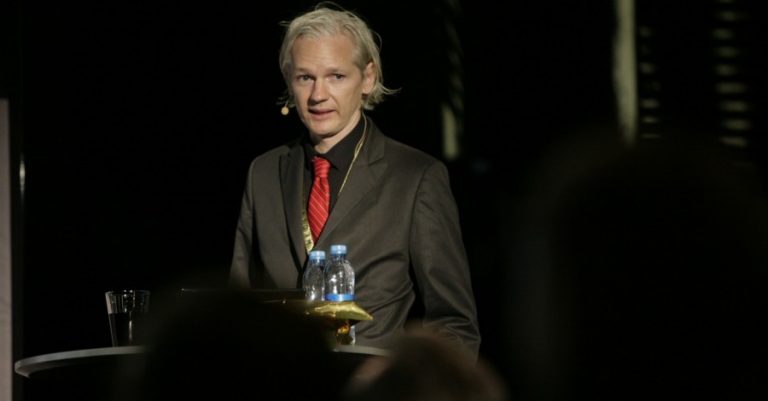“Please Save My Life”: Julian Assange In Prison
For over 150 days this has been Julian Assange’s residence, whether he likes it or not. And a judge has ruled today, he is to remain there even after his jail sentence is over.
Swiftly after his asylum status was stripped by the Ecuadorian government, the British authorities sentenced Assange to fifty weeks in prison, for violating his bail. The maximum sentence being fifty-two weeks and the typical sentence being none and a fine.
With his arrest, Assange was moved to HMP Belmarsh, a maximum-security prison in South London. Belmarsh during the early millennium was known as ‘Britain’s Guantanamo Bay’ for its foreign detainees, held without trial.
When you visit the prison, you are immediately struck by its fortress-like exterior. With its water-stained concrete perimeter walls, enumerable CCTV cameras and floodlights.















